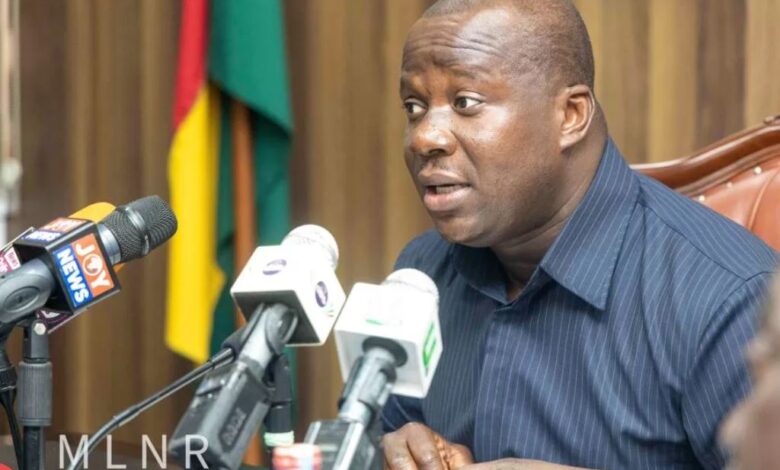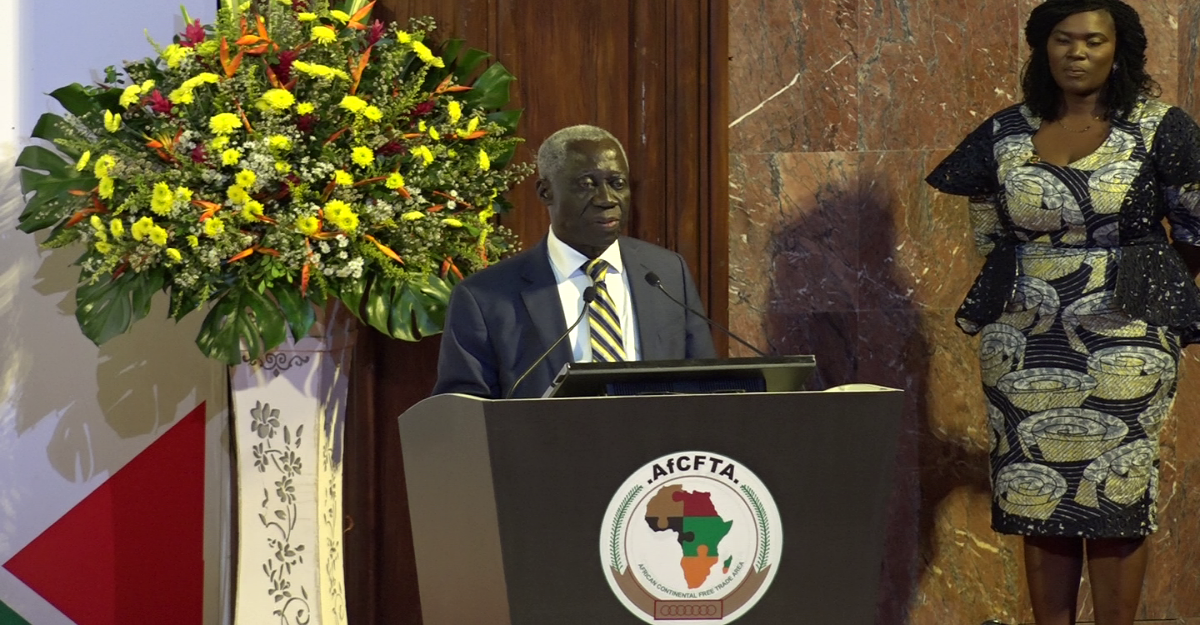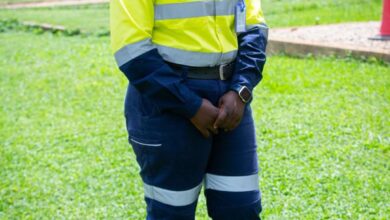Calls on the government to deploy military task force to small scale mining sites not necessary.

Plans by the government to deploy armed military personnel to small-scale mining sites across Ghana have sparked widespread concern among miners and industry stakeholders.
The proposal, reportedly being considered by the Ministry of Lands and Natural Resources in collaboration with the Ministry of Defence, aims to address the environmental damage caused by illegal mining, which has led to the pollution of rivers and water bodies across the country.
However, the suggestion has been met with shock and resistance from the small-scale mining community.
Many miners argue that the move is unnecessary and would unfairly target law-abiding citizens who rely on mining for their livelihoods.
The deployment of military forces to mining sites is seen by many as an extreme measure that could have significant negative consequences, including increased unemployment, higher crime rates, and a potential deterrent to foreign investment.
The issue has gained further traction due to calls from various civil society organizations, religious leaders, and health sector unions for the government to impose a ban on small-scale mining altogether, citing its harmful impact on both the environment and public health.
These calls have intensified pressure on the government to take decisive action against illegal mining activities.
Despite the concerns about environmental degradation, many within the mining sector are urging the government to reconsider the proposed military intervention.
They emphasize that not all small-scale miners are engaged in illegal activities and that the deployment of armed forces could alienate a significant portion of the population, particularly as the country approaches its general elections in December.
The prospect of military involvement in mining operations has also raised concerns within the ruling New Patriotic Party (NPP). Some party members fear that such a move could lead to a backlash from voters in mining communities, many of whom are already struggling with economic hardships.
They argue that the party should learn from the 2020 general elections, where it lost significant support in mining constituencies due to its handling of the illegal mining issue.
As the debate continues, the government faces a difficult decision: how to balance the need to protect the environment with the economic realities of those who depend on small-scale mining for their survival.
The outcome of this decision could have far-reaching implications, both for the future of Ghana’s mining industry and the upcoming elections.




